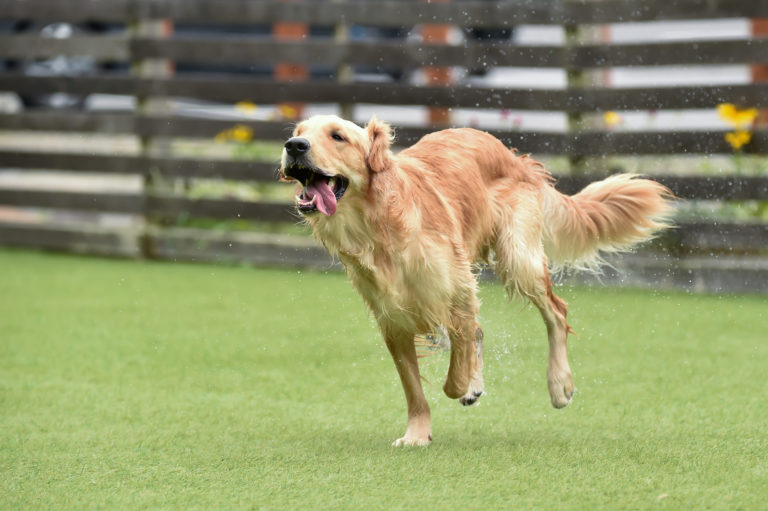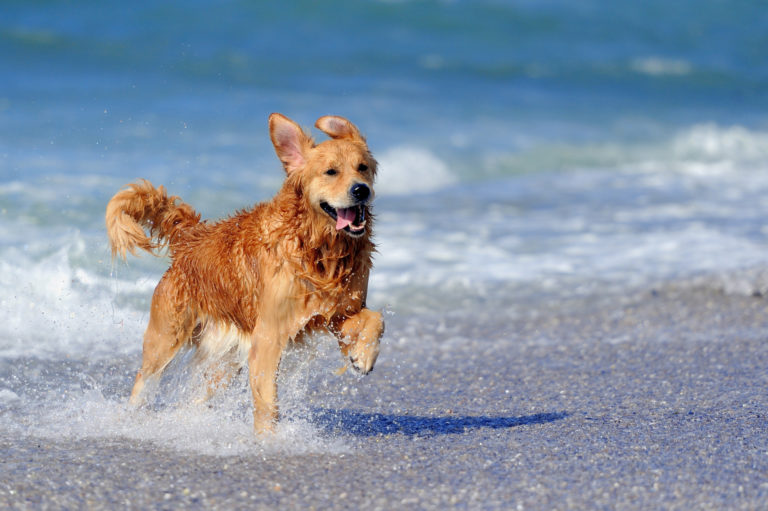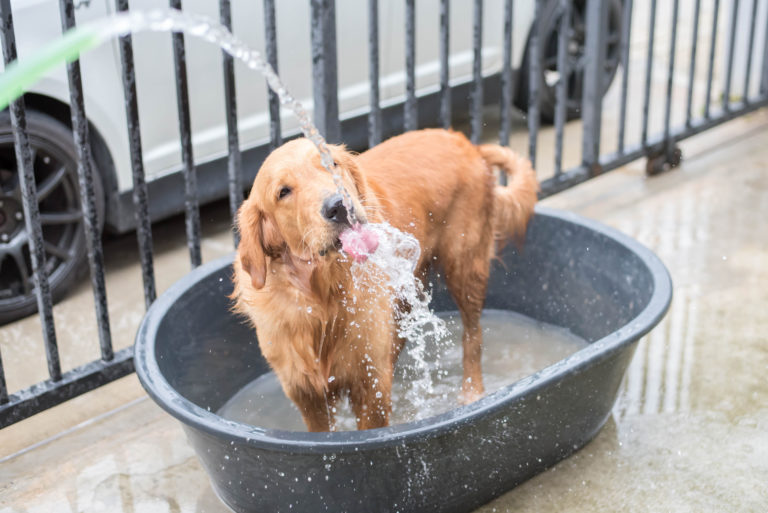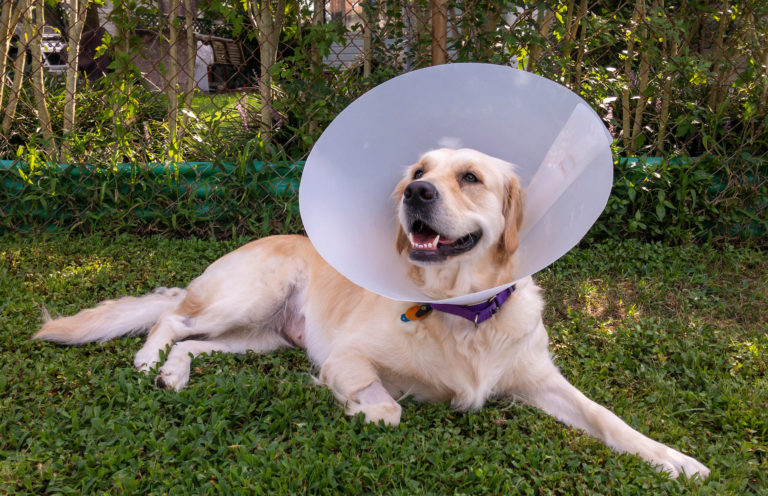Golden Retrievers are loyal dogs, but they aren’t normally very aggressive – which means that they don’t make the best guard dogs.
Golden Retrievers are intelligent, obedient dogs – so you can certainly train them to act more protective. But don’t rely on them confronting someone, as they’d probably wag their tail and lick them rather than fight.
Read on to find out what qualities a dog needs to be a good guard dog (and whether a Golden Retriever possesses those qualities), how you can train your Golden Retriever to be more protective, and more.








